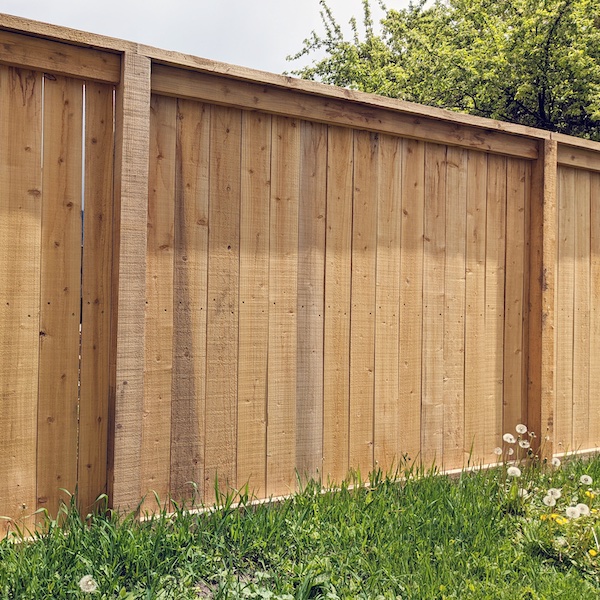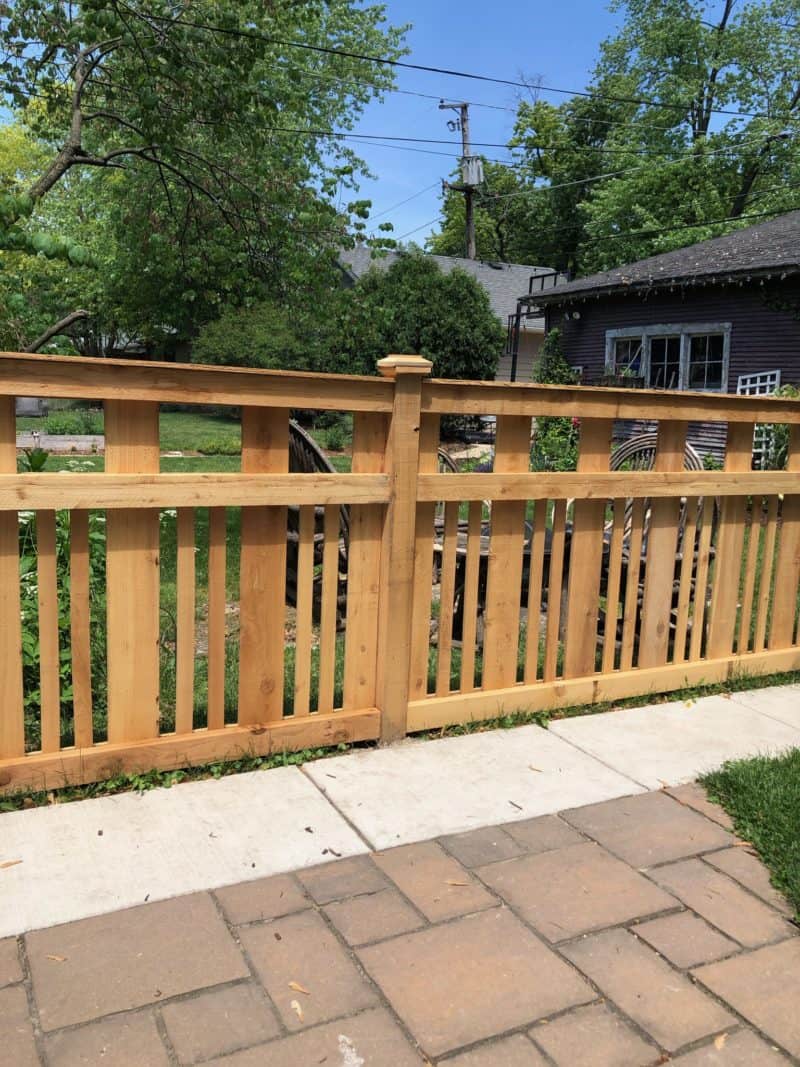All Categories
Featured
What Kinds Of Fencing Materials Are Readily Available for Residential and Commercial Projects?
Fencing is a necessary aspect in both business and household homes, offering safety and security, privacy, and visual allure. With numerous secure fencing materials available today, choosing the right alternative relies on your certain requirements, budget, and the objective of the fence. Below's a summary of one of the most preferred fencing products and their benefits to help you make an informed decision.- Timber Secure fencing. Wood is just one of the most versatile and typical materials for fencing. Its all-natural charm makes it a popular selection for property tasks.
Benefits of Timber Secure Fencing:
Aesthetic Appeal: Available in a variety of styles, consisting of picket, split rail, and privacy fencings. Personalized: Can be repainted or stained to match your home's outside. Affordability: Wood fencings are economical, particularly for smaller tasks. Factors to consider: Wood calls for routine upkeep to avoid rot, bending, and pest damage.
- Vinyl Fence. Vinyl fence has acquired popularity for its sturdiness and low-maintenance top qualities, making it suitable for both business and domestic residential or commercial properties.
Benefits of Vinyl Fence:
Resilience: Resistant to rot, insects, and rough climate condition. Reduced Maintenance: No paint or discoloration needed; a simple wash keeps it looking brand-new. Selection of Layouts: Resembles the look of timber, offered in various shades and designs. Considerations: Higher preliminary price contrasted to wood, yet the durability usually offsets this expenditure.
- Light weight aluminum Fencing. Aluminum is a lightweight yet strong material, commonly used for decorative or security purposes in both business and residential setups.
Benefits of Light Weight Aluminum Fence:

Corrosion Resistance: Ideal for damp environments or locations near water. Customizable Layouts: Available in a variety of shades and designs. Reduced Upkeep: Calls for very little upkeep in time. Considerations: While not as robust as steel, it offers a great equilibrium of durability and style.
- Chain-Link Fence. Chain-link fencing is a economical and practical selection, commonly utilized in commercial properties, schools, and industrial parks.
Benefits of Chain-Link Fence:
Cost: Among the most cost-effective choices for large-scale projects. Sturdiness: Stands up well to weather and hefty usage. Exposure: Permits clear sightlines while offering protection. Considerations: Deals minimal personal privacy and may not match all visual choices.
- Wrought Iron Fencing. Wrought iron is a timeless product known for its toughness and style, commonly used in high end domestic and industrial homes.
Benefits of Wrought Iron Secure Fencing:
Longevity: Lasting and extremely sturdy with appropriate maintenance. Custom-made Layouts: Can be made right into complex patterns for an extravagant appearance. Security: Provides durable defense against intruders. Considerations: Calls for normal maintenance to protect against corrosion and is normally more expensive than various other products.
- Compound Fence. Composite fence incorporates wood fibers and plastic for a material that is both long lasting and appealing.
Advantages of Composite Fence:

Eco-Friendly: Typically made from recycled products. Low Maintenance: Immune to rot, parasites, and weather damages. Aesthetic Flexibility: Mimics the appearance of natural wood without the upkeep. Considerations: Greater in advance expense compared to standard wood fences.
- Steel Fence. Steel is a durable material that uses outstanding safety, making it a prominent selection for industrial and commercial tasks.
Advantages of Steel Fencing:
Toughness: Offers remarkable durability and protection. Long life: Immune to extreme weather and impacts. Modern Look: Can be powder-coated in various shades for a smooth look. Considerations: Higher price and weight compared to aluminum or chain-link choices.
- Bamboo Secure fencing. Bamboo fence is a green alternative, typically made use of in homes for an all-natural, unique appearance.
Advantages of Bamboo Fencing:
Sustainability: Bamboo is a renewable source. Visual Allure: Gives a all-natural and unique look. Economical: Usually cheaper than wood or vinyl. Considerations: Ideal matched for moderate climates, as severe climate can create damage.
Picking the Right Product. When selecting fence materials, consider these factors:
Function: Is the fence for personal privacy, safety and security, or visual appeals? Budget: Some products, like chain-link or wood, are more economical than costs alternatives like functioned iron. Maintenance: Low-maintenance products like vinyl or compound might conserve time and initiative in the future. Atmosphere: Aspects like weather and exposure to dampness can affect the long life of certain materials. Conclusion. Whether you require fencing for a comfortable backyard or a vast commercial building, there's a product to match your needs. Each choice includes unique benefits and considerations, so consider the advantages and disadvantages carefully. By choosing the ideal fencing material, you can enhance the safety and security, capability, and visual charm of your property while staying within your budget plan. Reach out to a professional fencing professional to check out these alternatives and bring your vision to life!
Latest Posts
Uncover Exceptional Car Repair Solutions from Montclare Auto Repair – Keep Your Car Running Smoothly
Published May 29, 25
1 min read
Explore Premier Vehicle Maintenance Services from Montclare Auto Repair – Keep Your Car Running Smoothly
Published May 27, 25
1 min read
Specialist Business Roofing Solutions in North Platte, Nebraska
Published May 23, 25
2 min read
More
Latest Posts
Uncover Exceptional Car Repair Solutions from Montclare Auto Repair – Keep Your Car Running Smoothly
Published May 29, 25
1 min read
Explore Premier Vehicle Maintenance Services from Montclare Auto Repair – Keep Your Car Running Smoothly
Published May 27, 25
1 min read
Specialist Business Roofing Solutions in North Platte, Nebraska
Published May 23, 25
2 min read